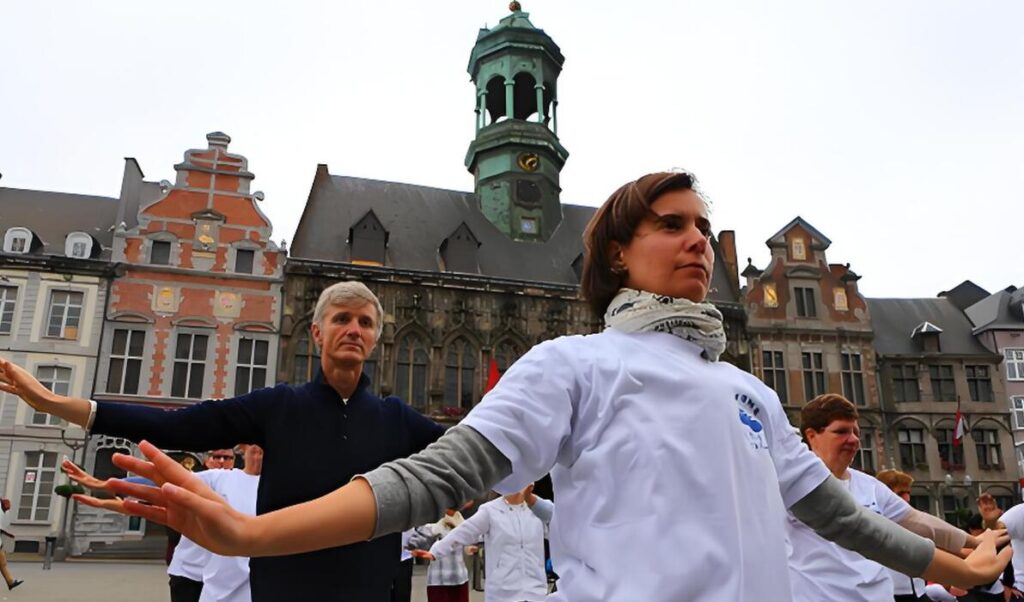
Similarities between Tai Chi and Qigong
1, Both have fitness effects
With the development of society, Tai Chi, as one of the martial arts schools, has gradually reduced its combat role in social life, and has highlighted the fitness value and traditional art performance value of Tai Chi exercises. Tai Chi masters have detailed the purpose of the “Thirteen Postures Exercise Song” and the view that it can prolong life and keep young forever. Therefore, from the perspective that Tai Chi also has fitness effects, it has similarities with Qigong.
2, Tai Chi absorbs the essence of Qigong
From the origin of Tai Chi, it not only absorbs the strengths of many martial arts, but also absorbs the essence of ancient health-preserving exercises such as Daoyin and Tuna, making some essentials and methods of Qigong exercises an important part of Tai Chi basic skills. 3. Both emphasize the guidance of thoughts
From the requirements of Qigong training, Tai Chi also emphasizes the guidance of thoughts, requiring a calm mind and a relaxed body, and also requires adjusting the body, breath, and mind. From this perspective, Tai Chi can also be listed as one of the Qigong exercises. 4. Both are guided by the Yin-Yang theory
Theoretically, they each use the ancient Chinese Yin-Yang theory as a guide, and use the Chinese medicine meridian theory to explain the phenomena that occur in their respective exercises.
Differences between different Tai Chi and Qigong
1, Tai Chi was originally used for fighting, and Qigong was used in medical practice
First, in terms of formation and development, Tai Chi was created for the need to fight and win on the battlefield, and gradually developed in the continuous combat practice; while Qigong was mainly formed and developed in medical practice to achieve the needs of fitness and health preservation.
2, Qigong goes from relaxation to tranquility, while Taijiquan goes from relaxation to softness, and accumulates softness to hardness
Secondly, from the perspective of exercise methods and essentials, Qigong mainly achieves the purpose of fitness by relaxing the body and mind to achieve a state of tranquility, and regulating the mind is its core content; Taijiquan starts with body movements, and through the process of going from relaxation to softness, and accumulating softness to hardness, it exercises a flexible, continuous, and penetrating twisting force.
3, Taijiquan pursues the perfect state in competition, while Qigong pursues longevity
From their ultimate purpose and function, Taijiquan achieves the perfect combination of mind, qi, and strength through continuous practice of leading qi with mind and attracting force with qi, so that mind, qi, and strength can be achieved in combat; the ultimate purpose of Qigong is medical effect, which is to strengthen the body and prolong life after practicing Qigong.
In short, Qigong and Taijiquan are similar but not exactly the same. Qigong has become an important part of the basic practice of Tai Chi, and some of the methods and key points of Tai Chi have also become references for people in the Qigong community to create Tai Chi Qigong.
